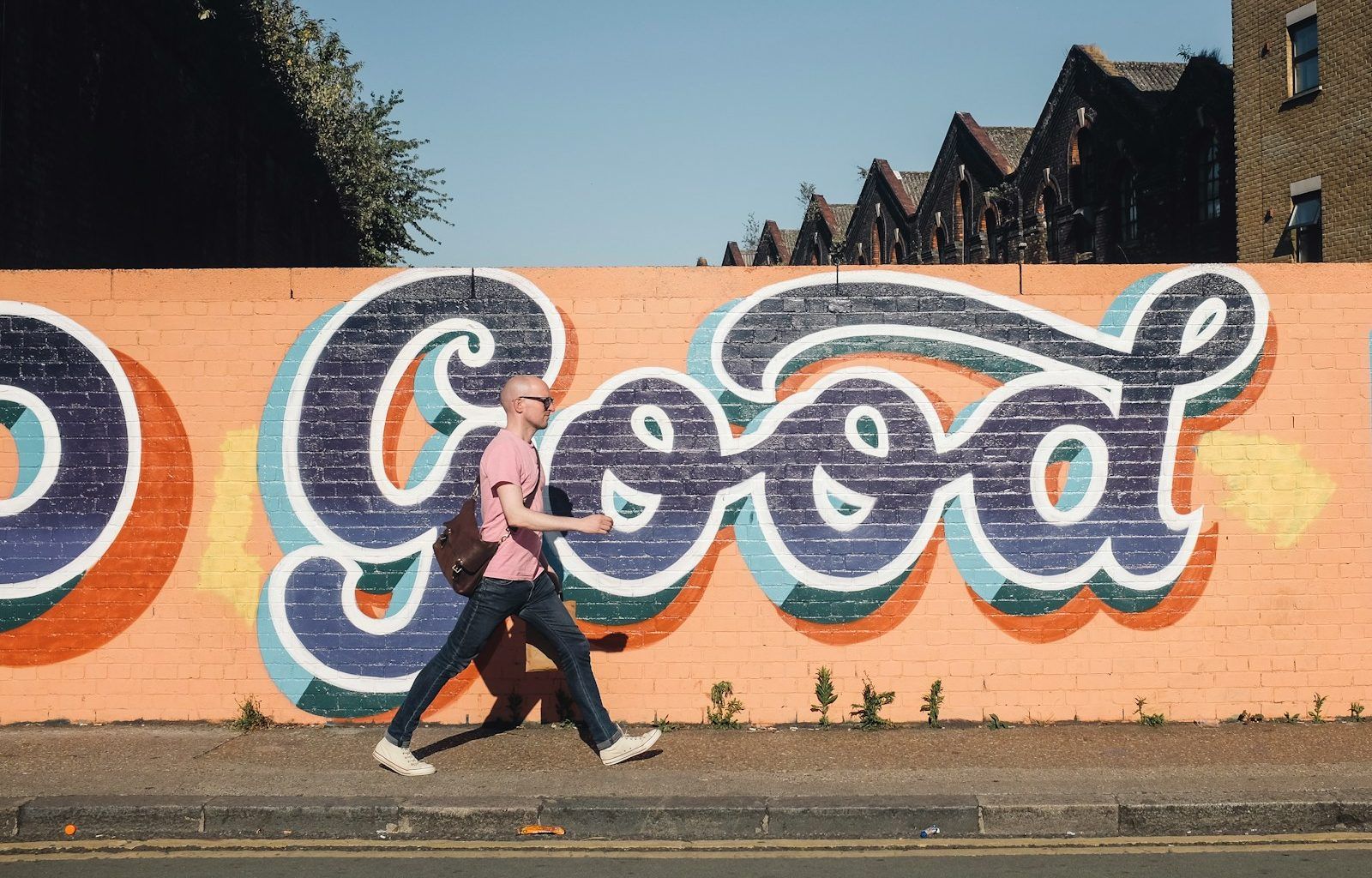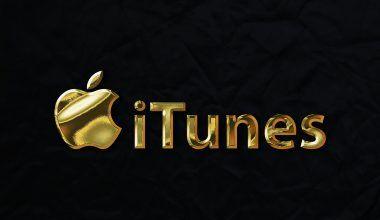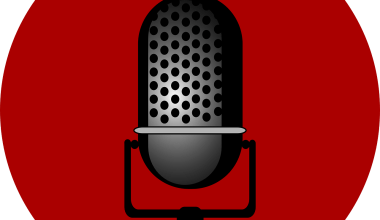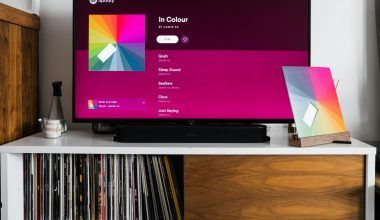If you’re a musician, you’ve probably spent some time trying to figure out how to reach more people online. Social media is one of the best tools for promoting your music, and using good hashtags can make a huge difference in how many people discover your work. But how do you find the right hashtags to use? Let’s explore what makes hashtags effective and how you can use them to connect with fans and industry professionals.
Hashtags are like little signposts that help people find content on social media. They organize posts into categories, making it easier for users to search for topics they’re interested in. For musicians, hashtags are a way to get your music in front of new listeners, engage with your fans, and even catch the attention of industry insiders.
Think about it: when someone searches for “#IndieMusic” or “#LiveMusic,” they’re looking for something specific. If your post uses those hashtags, it’s more likely to appear in their search results. This means more people can find your songs, gigs, or music videos.
Choosing the right hashtags is more than just picking random trending ones. You need hashtags that fit your brand and reach your target audience. Here’s how you can do it:
1. Know Your Audience
Start by understanding who you’re trying to reach. Are your fans into pop, rock, or jazz? Are they younger or older? What other interests do they have? For example, if you’re a folk musician, you might want to use hashtags like “#FolkMusic” or “#AcousticSessions.”
Every music genre has its own community and popular hashtags. If you’re unsure where to start, look at what other musicians in your genre are using. Tools like Hashtagify or All Hashtag can help you find related hashtags and their popularity.
While it’s tempting to use popular hashtags like “#Music” or “#Singer,” these tags are often overcrowded. Instead, combine them with niche tags like “#IndieSinger” or “#LocalBands.” This increases your chances of standing out.
Social media trends change quickly. Keep an eye on trending hashtags that relate to your music. If a popular tag like “#ThrowbackThursday” fits your post, go ahead and use it. But make sure it’s relevant—using unrelated tags can look spammy.
Here are some examples of hashtags that can work well for musicians:
- General Music Tags: #MusicLife, #NewMusic, #NowPlaying
- Genre-Specific Tags: #RockMusic, #HipHopBeats, #JazzLovers
- Performance Tags: #LiveMusic, #ConcertVibes, #OnStage
- Creative Process Tags: #Songwriting, #StudioSession, #MusicProducer
- Inspirational Tags: #MusicIsLife, #MusicLovers, #IndieArtist
Mixing and matching these types of hashtags can help you connect with different audiences.
This depends on the platform you’re using. On Instagram, you can use up to 30 hashtags per post, but you don’t have to use all of them. A mix of 10-15 relevant hashtags often works best. For Twitter and TikTok, fewer hashtags (around 3-5) are more effective.
Placement matters too. On Instagram, you can include hashtags in your caption or as a comment. Adding them as a comment keeps your caption clean while still making your post discoverable. On other platforms, like Twitter, hashtags are usually included in the main text.
Creating your own hashtag can be a great way to build your brand. For example, if your band is called “The High Notes,” you could use a unique tag like “#TheHighNotesLive” or “#HighNotesMusic.” Encourage your fans to use your hashtag when they post about your music. This creates a sense of community and makes it easier for you to track fan engagement.
Common Mistakes to Avoid
While hashtags are powerful, using them incorrectly can backfire. Here are some pitfalls to avoid:
- Using Irrelevant Hashtags: Stick to tags that relate to your post. Random or misleading tags can turn people away.
- Overloading Your Post: Too many hashtags can make your post look cluttered. Choose quality over quantity.
- Ignoring Analytics: If a hashtag isn’t bringing results, stop using it and try something new.
Each social media platform has its own rules and best practices for hashtags:
This is one of the best platforms for musicians to use hashtags. You can include them in posts, Stories, and even Reels. Use a mix of popular and niche hashtags to reach a broader audience.
Hashtags on Twitter can help your tweets appear in trending topics. Use them sparingly to keep your message concise.
TikTok
TikTok’s algorithm favors content that uses trending hashtags. Combine these with niche music hashtags to boost your visibility.
Hashtags aren’t as effective on Facebook, but they can still help if used sparingly. Focus on a few targeted tags rather than flooding your posts.
YouTube
Use hashtags in your video titles and descriptions to help people find your music. Tags like “#OfficialMusicVideo” or “#AcousticCover” can attract viewers.
Using good hashtags is a skill that takes time to perfect, but the results are worth it. With the right strategy, hashtags can help you grow your fanbase, connect with industry professionals, and share your music with the world. Start experimenting today, and don’t be afraid to get creative. Your next big break might be just one hashtag away.
For further reading, explore these related articles:
- The Story of Kesha: A Journey of Music, Strength, and Inspiration
- Exploring the World’s Smallest Speaker: Tiny but Powerful!
For additional resources on music marketing and distribution, visit DMT Records Pvt. Ltd..






